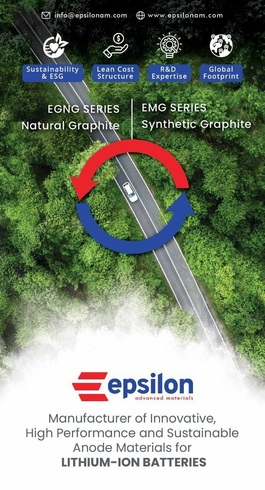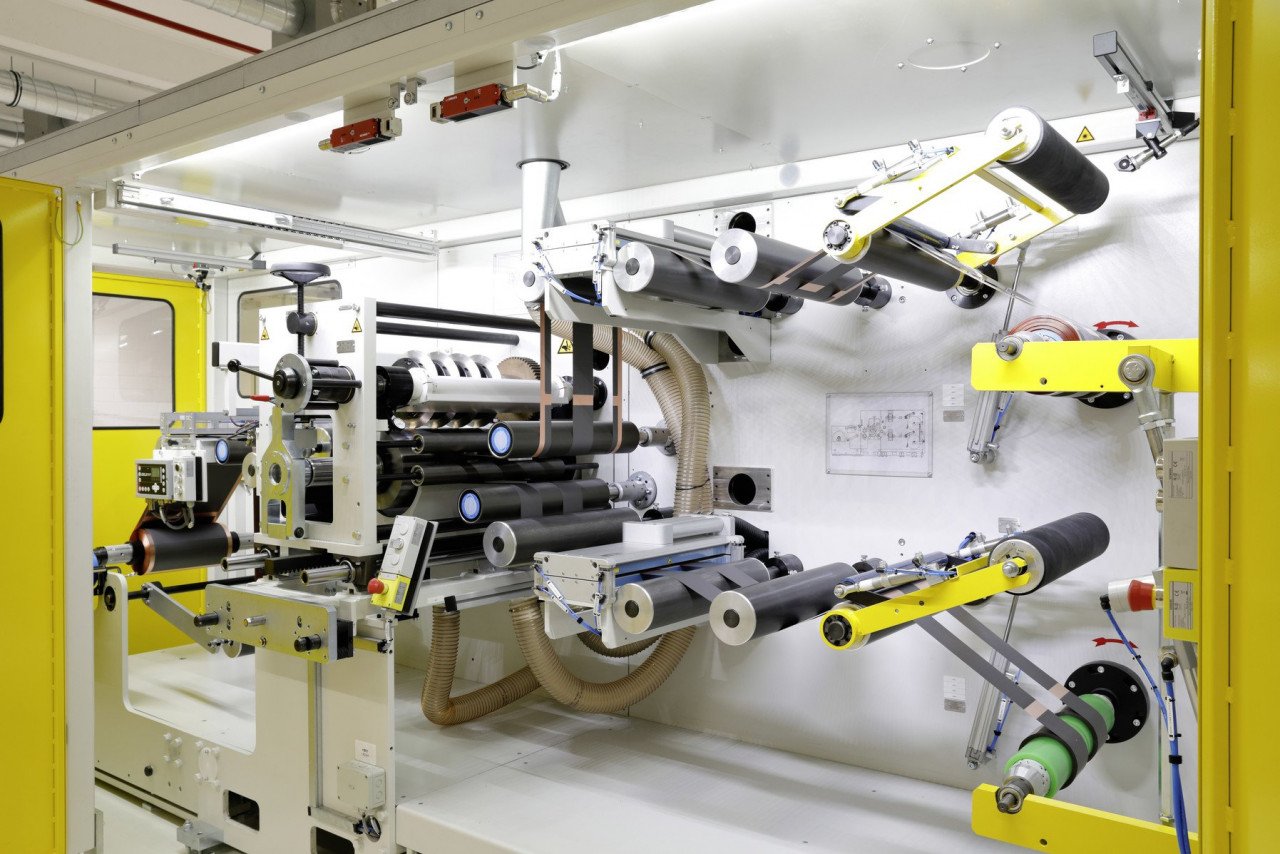Ashok Thakur, Editor-in-Chief, ETN
Reversing climate change is a challenge. One of the most difficult ones facing mankind yet. I don't know whether there is a 'reset-to-factory-settings' possible, but mitigation, prevention, repair… yes, fixing is possible.
It's a huge task, reversal is going to take time and a lot of effort. Individual efforts are good, it shows the level of awareness, but constructively it's just a minor push. What we need for the green transition is a tsunamic wave of change. And that is only possible with combined force.
Think back to the Covid crisis; once the virus raged, nations and agencies around the world were committed to the same goal – of finding a vaccine – and approached it with a single-minded determination.
The pandemic brought with it an unknown factor; the entire world was on the back foot – developed and developing nations alike. All came together to seek a remedy to combat the virus. Research and resources for production, distribution, and accessing the vaccines were shared and utilised for the greater purpose of preserving life.
For climate change mitigation, we need to see the same combined determination and persistence. We all need to rally behind the cause of preserving our planet. Our collective efforts and dedication can prove instrumental in creating a sustainable and thriving future.
In the face of environmental challenges, it is high time for stakeholders to unite and construct a resilient cleantech ecosystem. The need for sustainable and clean energy solutions has reached a critical juncture, requiring collaborative efforts and partnerships to pave the way forward.
The power of collaboration should not be underestimated; it will enable us to tackle the challenges that lie ahead
Ashok Thakur, Editor-in-Chief, ETN.
Gone are the days of isolated initiatives and fragmented approaches – growth in silos. A combined strength of expertise, resources, and perspectives, can help catalyze innovation and develop scalable solutions, that can 'turn the tide'. The power of collaboration should not be underestimated; it will enable us to tackle the challenges that lie ahead.
Partnerships and collaborations are the driving forces behind progress, allowing the stakeholders to leverage each other's strengths and knowledge, fostering the exchange of technology and best practices.
The energy transition also requires diversification of energy sources, to increase our resilience, and reduce reliance on fossil fuels. Battery technology alone won't be sufficient; while energy storage technologies remain crucial, focus must expand to include a broader scope of emerging new-energy technologies.
Are we just as passionate and hungry to get to Net Zero as we were about Covid vaccine? Sure, everyone is committed to the same goal, but at the global level, are we really on the same page on how to get there, and are we proceeding at the right pace?
Trailers of the impending catastrophe are there for all to see. I'd rather ask 'how can we fix this?', than worry about 'who is more responsible for this?'. I believe, we can champion clean energy, mitigate climate change, and leave a lasting legacy for generations to come.















